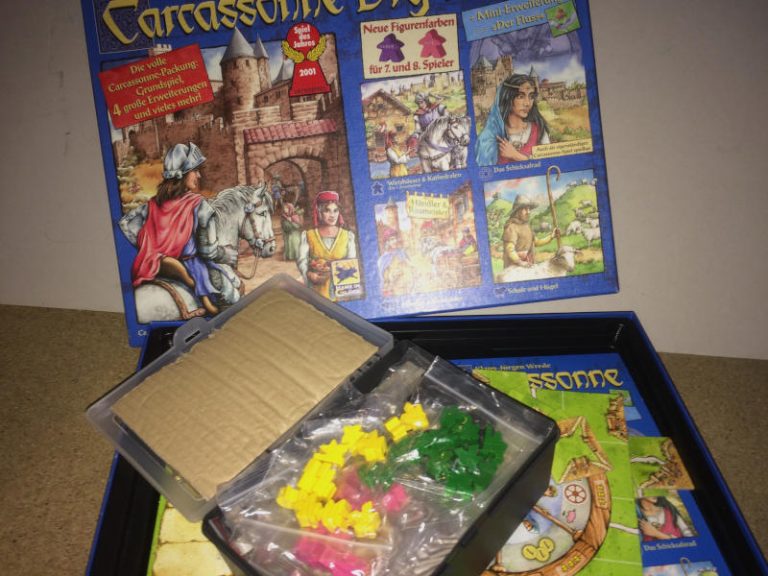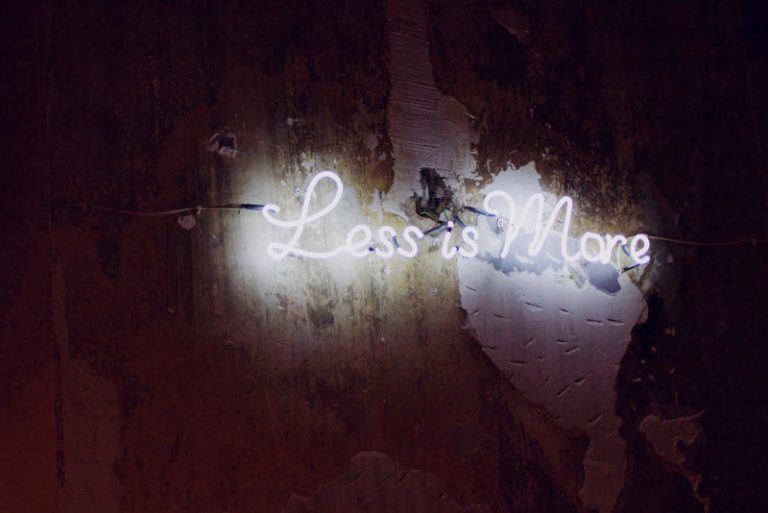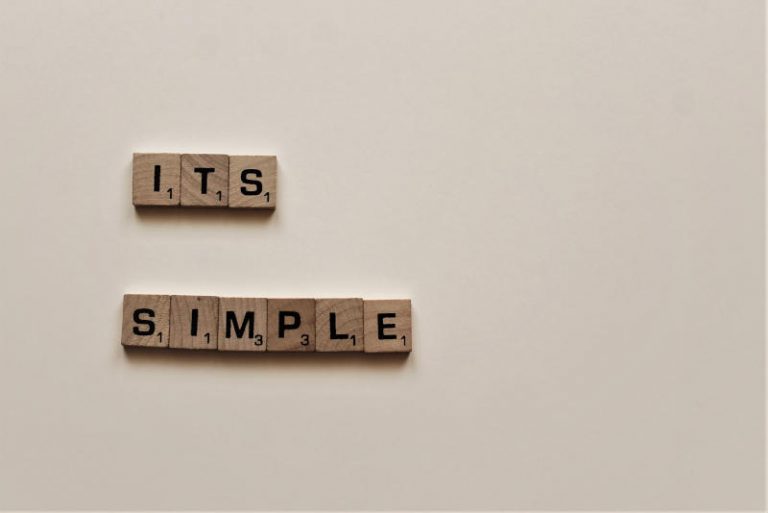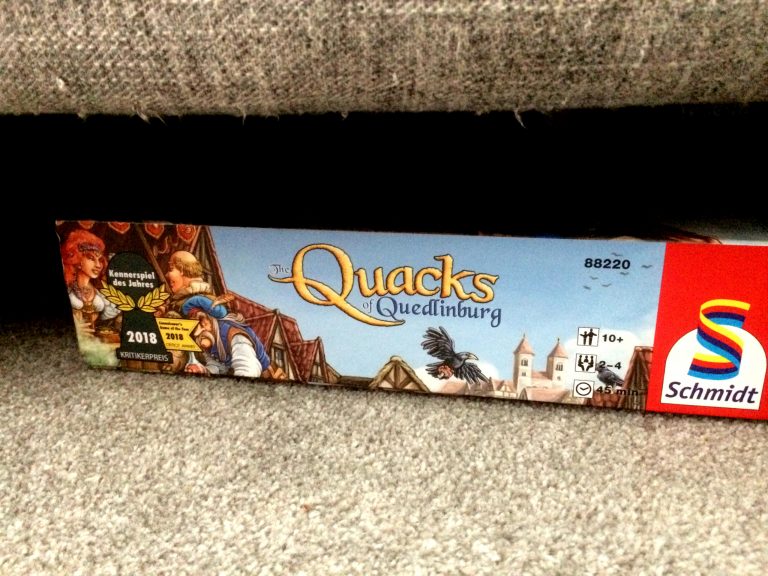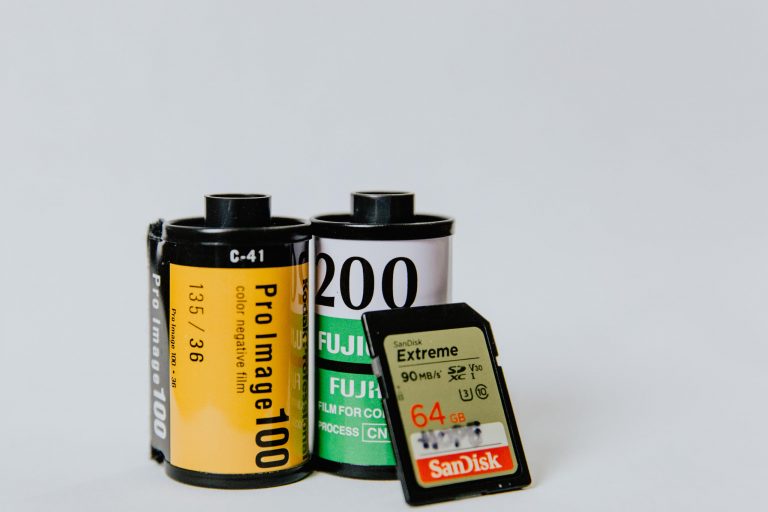Compressed collections (Topic Discussion)
As many of you probably know, I only have limited space for games. That's why I very much like small box games that have a lot of gameplay crammed into a small volume. It's also the reason why I have been reboxing games that come in bigger boxes, compressing them down and getting rid of all the extra air that came with the original packaging. I have written about this in my article "Box clever?" a couple of years ago, and this time I want to give you some concrete examples of small box games crammed to the brim and larger box games that I have shrunk down.


